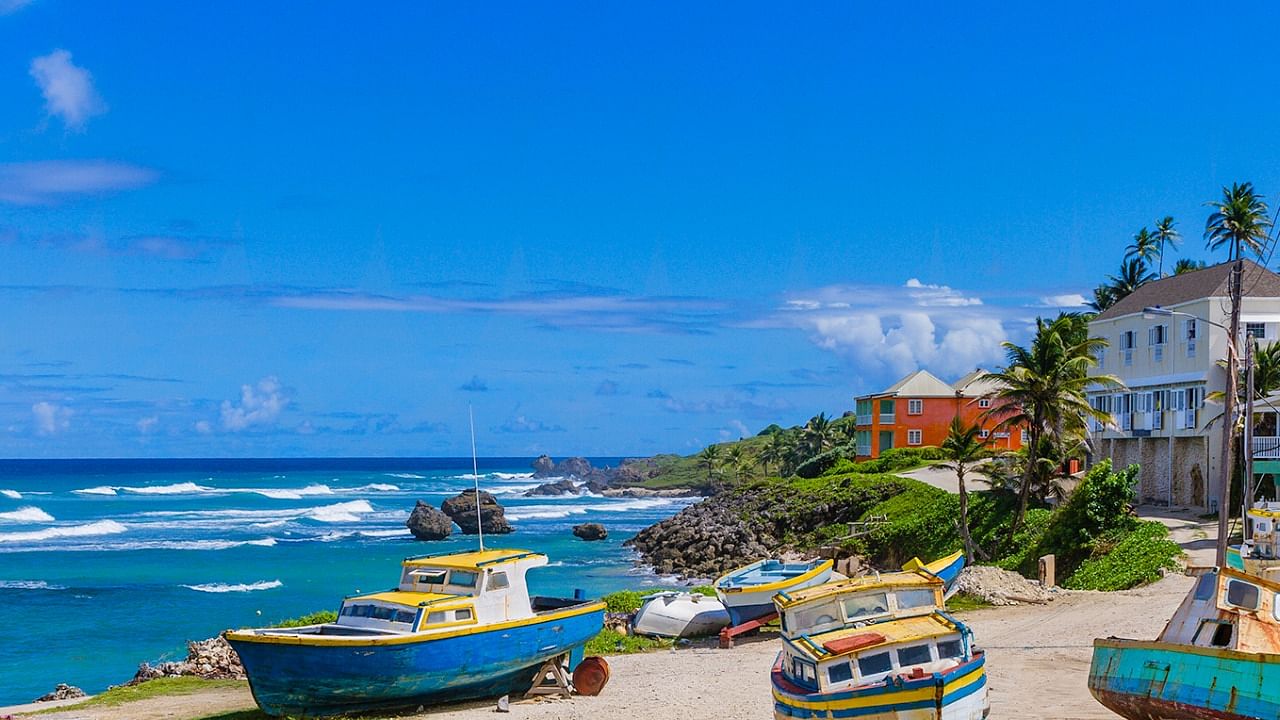
Time is running out for the Global Ocean Treaty, an agreement framed by the United Nations to protect at least 30 per cent of the oceans by 2030 for a sustainable future, Greenpeace India and Mineral Inheritors Rights Association said, urging the Centre to step up diplomatic efforts for greater common good.
The treaty is an effort to bring a legally binding instrument under the 1982 UN Convention on the Law of the Sea for conservation and sustainable use of marine biological diversity for areas beyond national jurisdiction.
In a letter to Jitendra Singh, Minister of State, Ministry of Science and Technology and Ministry of Earth Sciences, the NGO said the talks in 2022 were suspended due to the lack of timely and adequate agreements on key issues like financial contributions and access and benefit sharing (ABS) of marine genetic resources. "As we approach the last leg of this final negotiating round, progress on key issues has been slow. Some issues that were close to conclusion have been reopened, where considerable disagreements remain on issues requiring political agreements," urging delegations to adopt flexibility.
Some of the key issues that have remained unresolved are the ABS including monetary benefits, a financial mechanism to support the effective and equitable implementation of the treaty, creating and managing marine protected areas and decision-making modalities.